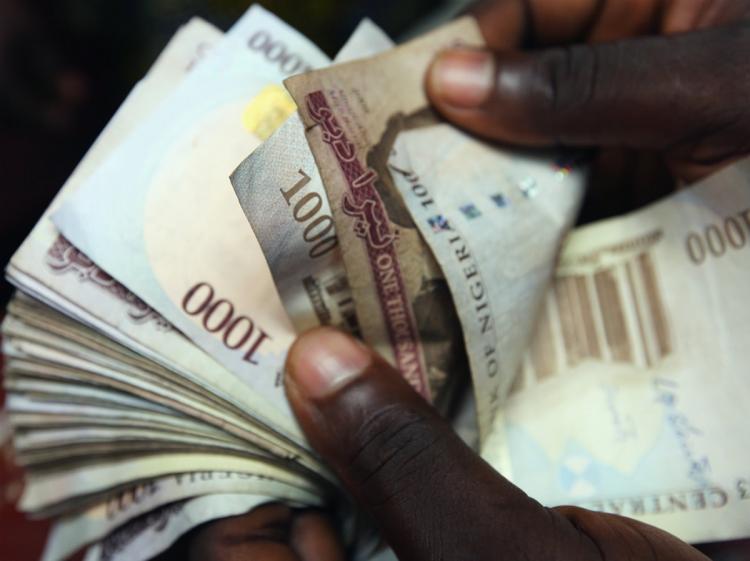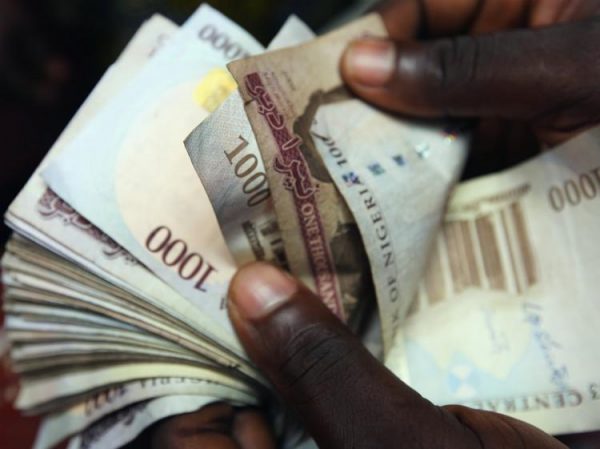Recently, I read about Akon City. Described as the real life Wakanda of Africa, it is a new community built in Senegal by the musician Akon. Apart from the city’s plans of renewable energy and its architectural feats, my interest my interest was captured by the community’s reliance on an Akion only currency. This Akion digital currency, similar to bitcoin from cryptocurrency technology, got me pondering.
Read more about Travel and Tourism
The fact is, some places in the world encourage the use of digital currencies for simple things like buying coffee and making sundry payments. But soon, it may no longer just be a matter of having debit or credit cards when you travel. That’s why the need for cash or cashless operations need to be factored in when travelling.
More people are leaning towards a cashless society in the wake of fears that the coronavirus might be transmitted through currency notes. But these days, cashless operations have moved from transfers made via ATMs, online banking and USSD codes, to the use of e-wallets, bitcoin and digital currencies.
These options depend on where you are travelling to. For instance, in Nigeria, cryptocurrency isn’t a tradable item, it’s just great for investments. Thus, it is necessary for travellers to think ahead of any travel trip to the choice of currency they need for each journey. So here are a few tips for choosing travel currency:
Cash
Cash is great for travelling when you have to buy foreign currency. It is also great to have when in a place where internet connectivity is fluctuating or when you cannot result to cashless means. However, it is the riskiest form of currency to travel with because once misplaced or lost, it can leave you stranded. But it comes with some assurance that you wouldn’t be caught pants down when you need to spend money. No matter the option you choose, always have some cash with you when travelling.
Sign up to the Connect Nigeria daily newsletter
Credit/Debit Card
These are great for spending money in a place that has POS or ATM. While using this helps to make any cash in hand useful for emergencies only, these also depend on the network of your bank. Imagine going shopping for clothes at Tinapa and your card isn’t responding because your bank’s network is down. It can be embarrassing. But some people like it because using them comes with perks like being able to cancel an order in advance, or being awarded travel points per dollar when you use them. However, there may be bank charges when you use these cards that should be factored into your spending. And if someone steals your cards, you can reach out to your bank to suspend them before they withdraw money from your account. This is a better way to protect your cash.
Online Transactions
You can do this with a phone using USSD codes or with any internet enabled device. Sometimes when your cards are expired, not responding to a POS or ATM, or when your cash isn’t sufficient, it is nice to have mobile data to make online transfers. As long as your bank’s network is functioning right, you can easily make a purchase wherever you travel to. This cashless form of transaction reduces unnecessary spending and helps keep detailed records of expenses.
We would recommend having each of these travel currency choices with you when travelling. That way, you are financially secure during your trip.
Got a suggestion? Contact us: editor at connectnigeria dot com


